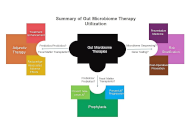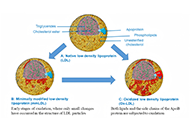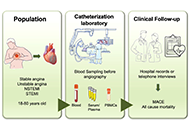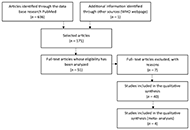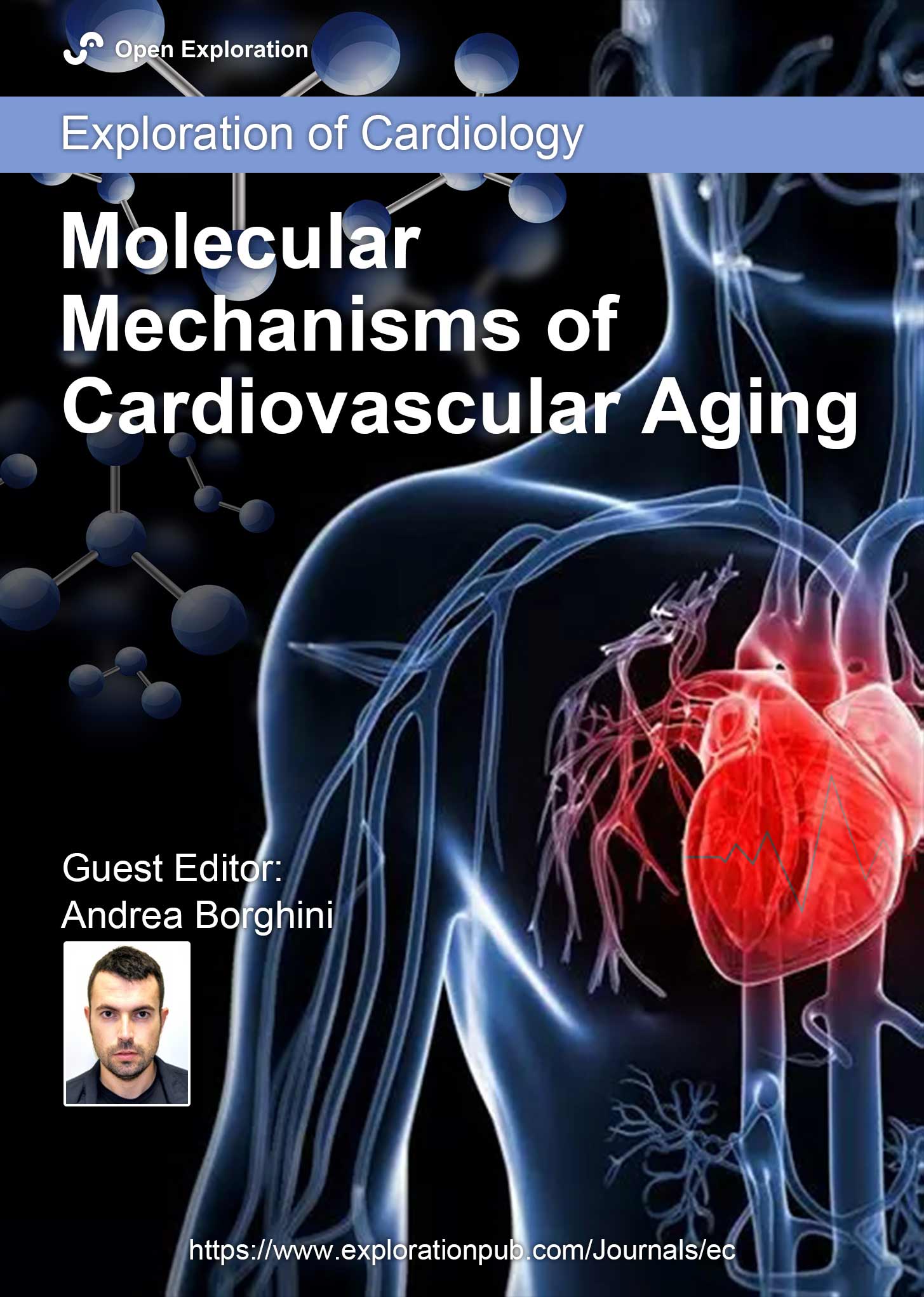
Molecular Mechanisms of Cardiovascular Aging
Guest Editor
Andrea Borghini E-Mail
Institute of Clinical Physiology - National Research Council (IFC-CNR), Pisa, Italy
Research Keywords: cardiovascular genetics and epigenetics; molecular epidemiology; radiobiology
About the Special lssue
Cardiovascular aging is a process of functional and structural changes that can progress to cardiovascular disease. Age-related vascular damage can also be accelerated by environmental insults, such as air pollution and radiation exposure. Therefore, it is crucial to understand the molecular mechanisms of cardiovascular aging and better define how environmental stressors impact this process.
Over the last few years, extensive research has emphasized the importance of several pathways involved in the pathophysiology of vascular aging. Intrinsic and extrinsic changes, including oxidative stress, inflammation, mitochondrial dysfunction, genomic instability, epigenetic alterations, and cellular senescence represent key cellular and molecular mechanisms of vascular aging. However, a more in-depth comprehension of these mechanisms is needed to identify novel diagnostic and/or prognostic indicators and potential new actionable therapeutic targets for cardiovascular aging. Considering the burden of cardiovascular disease with aging, this is undoubtedly a strategic topic for future cardiology research.
For this Special Issue, we invite investigators to contribute original research and review papers. In particular, experimental, translational, and clinical studies that emphasize the understanding of the biological mechanisms of cardiovascular aging are welcome.
Keywords: Cardiovascular aging, molecular mechanisms, therapeutic targets, diagnostic and prognostic indicators
Published Articles
